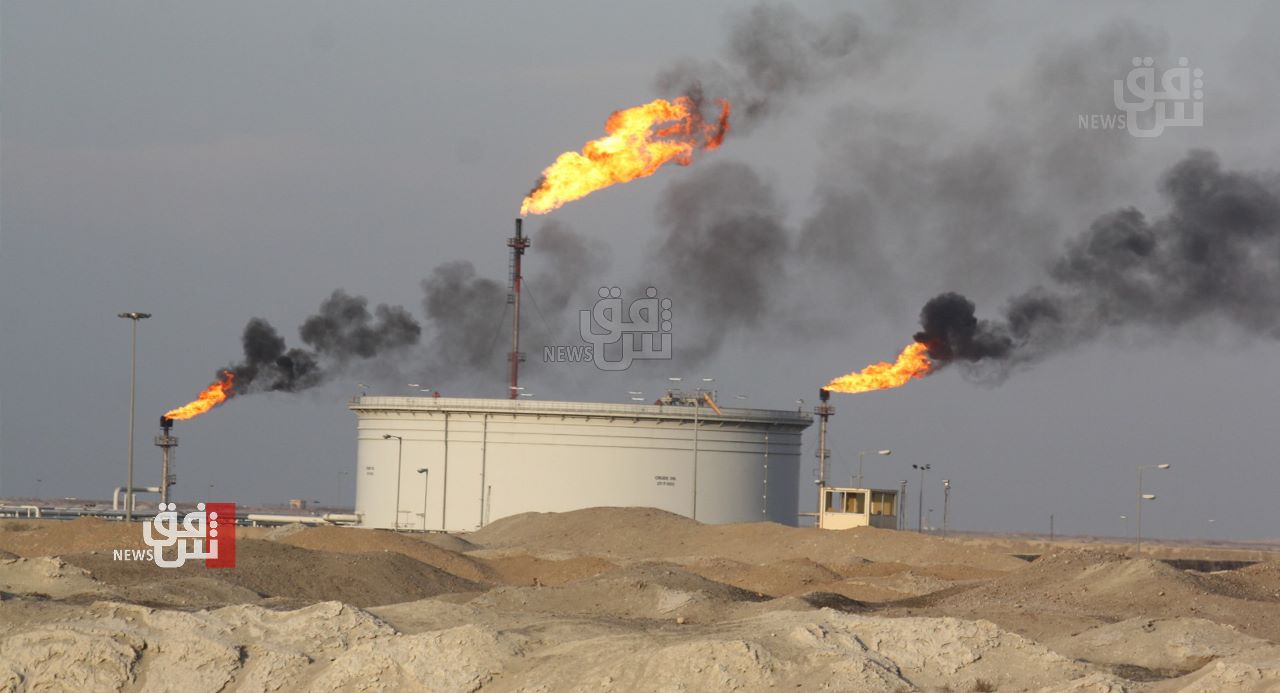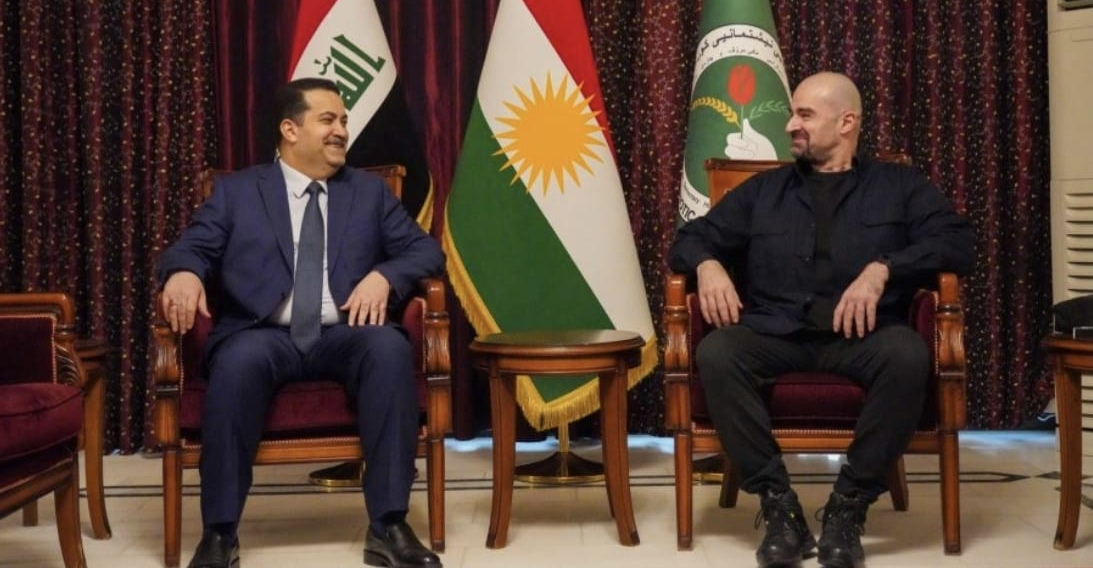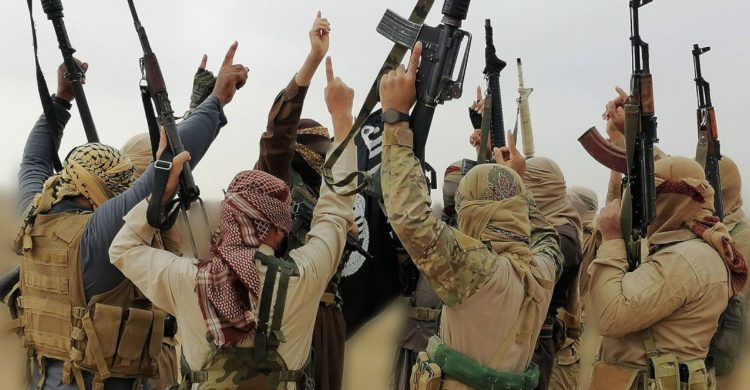Beyond Oil: Iraq struggles to diversify its troubled economy

Shafaq News/ Iraq is losing billionsannually due to poor resource management, underdeveloped industries, and a lackof strategic economic planning. Experts warn that unless the governmentaddresses these systemic problems, the country will struggle to reach itseconomic potential despite its abundant natural resources.
While Prime Minister Mohammed ShiaAl Sudani’s administration has made moves to support local industries andreduce dependence on oil, political and structural challenges continue tohinder progress.
Overdependence on Oil
Oil is the backbone of Iraq’seconomy, accounting for roughly 90% of government revenue. However, disputeswith the Kurdistan Regional Government (KRG) have disrupted exports,exacerbating the country’s fiscal problems.
The Kurdistan Regional Government isthe official governing body of the semi-autonomous Kurdistan Region in northernIraq. It governs four provinces: Erbil, Al-Sulaymaniyah, Halabja, and Duhok aswell as the Raparin and Garmian Administrations.
Since March 2023, oil exports fromthe Kurdistan Region (through Turkiye’s Ceyhan pipeline) have been suspendeddue to a legal dispute. The International Court of Arbitration ruled in favorof Baghdad, requiring Turkiye to pay $1.5 billion for unauthorized oilshipments between 2014 and 2018. But the decision also halted Kurdish oilexports, costing Iraq an estimated $15 billion last year alone.
Economist Mustafa al-Faraj notedthat ongoing disagreements between Erbil and Baghdad have only worsened thesituation.
“This dispute drains Iraq’s financesdaily,” he told Shafaq News. “On top of this, Iraq pays penalties to Turkiyewhile failing to address inefficiencies in its energy sector.”
Iraq’s gas flaring problem isanother drain on its resources. Instead of capturing the natural gas producedas a byproduct of oil extraction, Iraq burns much of it off, wasting billionsannually.
Iraq is the world’s second-largestgas flarer after Russia, according to the World Bank. This practice not onlycosts the country over $2.5 billion annually but also contributes tosignificant air pollution, impacting public health and the environment.
Neglected Potential
Other than oil, Iraq’s vastagricultural land and rich history allow major economic diversification.However, both sectors remain underdeveloped. Faraj emphasized the country’sfailure to capitalize on this. “Climate change and poor water management haveleftover 60% of Iraq’s farmland unused,” he said. “Dams in Turkiye and Iranreduce river flow into Iraq, worsening the crisis.”
Tourism, particularly religioustourism, is yet another sector with uncapitalized opportunities. Iraq hostsmillions of pilgrims each year, especially to cities like Najaf and Karbala.
In 2023, according to the Iraqigovernment, more than 20 million pilgrims attended the Arbaeen pilgrimage inKarbala, making it one of the largest religious gatherings in the world.However, Iraq’s infrastructure, from limited hotel capacity to poor publictransportation, prevents such massive gatherings from bringing significanteconomic benefits.
Economic Identity Crisis
Economist Ahmed Abdrabbuh pointed toa deeper issue: Iraq’s unclear economic vision. “Our laws still reflect astate-led economy, but policies increasingly lean toward capitalism. Thisinconsistency creates confusion and blocks meaningful reform,” he said.
Abdrabbuh stressed the need for a30-year economic strategy aimed at reducing oil dependence and fosteringsustainable growth.
This identity crisis has manycauses, but perhaps the main reason to blame is Iraq’s political instability,which complicates long-term planning. Power-sharing among Sunni, Shia, andKurdish factions often delays reforms, leaving critical legislation hanging.
The Role of Public Institutions
Former Deputy Chairman of Baghdad’sChamber of Commerce, Hassan al-Sheikh, identified inefficiencies in Iraq’spublic institutions as a significant barrier to economic growth.
“The bloated public sector is one ofthe biggest drains on Iraq’s economy,” he said. “Instead of leading economicgrowth, these institutions have become burdensome and lack a clear vision.”
He further highlighted issues ofoverstaffing and mismanagement.
“These institutions should bedrivers of progress, not a burden. The solution lies in activating the privatesector, which can create jobs and generate economic growth,” he added.
Private Sector Growth and ExportRevival
Efforts to stimulate the privatesector have shown some progress. In 2024, Iraq opened several factoriesproducing ceramics, dairy products, and poultry. Aqeel Raouf Ahmed, an advisorto the Iraqi Federation of Industries, said exports are also growing.
“We’ve gone from being an importerto exporting over 80 locally made products, including food, fertilizers, andeven carpets,” he noted.
Prime Minister al-Sudani hasdeclared 2025 the “Year of Iraqi Industry,” signaling a vision that intensifiesfocus on local production. The government plans to protect domestic industrieswith tariffs once local output meets 50% of market demand.
Energy Reform Plans
Al-Sudani’s administration has alsoprioritized reforms in the energy sector, particularly in gas utilization andpetrochemical production. During a January visit to Baiji, Iraq’s largestrefinery complex, al-Sudani announced plans to turn the city into a regionalhub for petrochemical industries.
“We’re committed to ending gasflaring by 2028, which will save billions and reduce environmental harm,” hesaid.
Gas flaring reduction has beenpromised by previous administrations, but progress has been slow due tocorruption, lack of infrastructure, and instability caused by groups like ISIS.
The Road Ahead
Iraq’s economic path is still longand full of challenges and obstacles – from its heavy dependence on oil andpolitical infighting to underutilized resources – but with initiatives thatpromise to prioritize local industry and reduce waste in the energy sector,there is hope for a more balanced and resilient economy. Success, however, willdepend on Iraq’s ability to implement such reforms, and then sustain them inthe long term.



